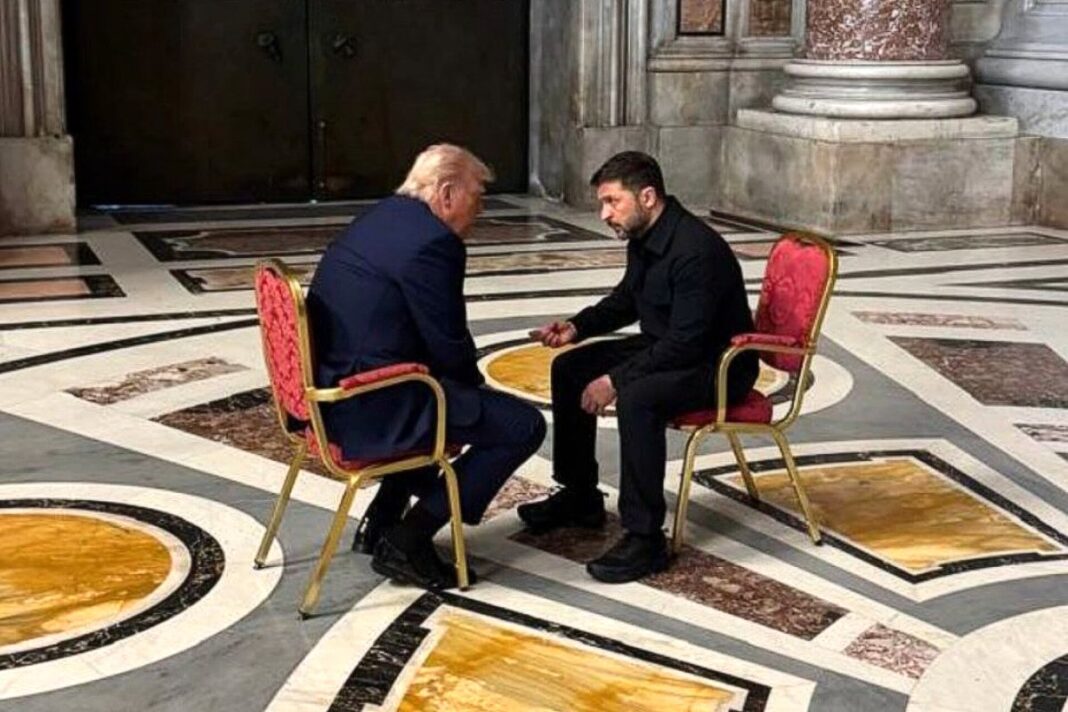With the ‘democratization of nuclear’ on the horizon, international regulators wonder if inspections, licensing can be streamlined without compromising safety.
Few Paris Climate Accord nations are meeting decarbonization goals, but with 31—including the United States—signing onto a $300 billion pledge to triple nuclear energy generation by 2050, those aims remain viable, panelists at a May 1 discussion on nuclear energy expansion concurred.
“This shift has been long overdue,” said William Magwood, director-general of the Nuclear Energy Agency, a Paris-based liaison of government organizations that coordinates practices and policies related to advanced nuclear technology.
“The numbers have been telling us for years that nuclear was going to play a substantial role if we were going to meet the objective many countries have set for themselves, to reduce CO2 emissions,” he said.
Speaking during a Center for Strategic & International Studies’ Nuclear Energy Expansion presentation, Maywood said there are many obstacles to overcome in expanding nuclear power worldwide.
But, he predicted, within five years, “We’re going to see a sort of democratization of nuclear. There’s a real strong possibility you’re going to see nuclear power plants in Kenya, Philippines, Indonesia, countries that really haven’t had this before.”
During its COP28 meeting in Dubai, 25 nations signed a pledge to triple nuclear energy capacity by 2050. Six more signed on during COP29 in Baku, Azerbaijan.
COP29 focused on climate finance, with the 31 nations agreeing to “mobilize” $300 billion a year in “climate finance” by 2035 to advance nuclear energy.
The $300 billion fell shy of the $1 trillion proponents initially sought, a shortfall fostered by a realization many nations are not meeting decarbonization goals or building the grid needed to accommodate increasing electricity demand.
During COP29, “countries were expected to bring plans to show how they’ve already reached their targets,” Magwood said, “and many of them discovered they were not able to present plans that were going to reach the targets.”
The shortfalls came as “a bit of a shock for some policy-makers,” he said. “But behind-the-scenes, when I visit with energy ministers and other officials in different capitals, they would admit to me they had no idea how these targets were going to be met.”
The center’s Energy Security Senior Fellow Jane Nakano said that, in addition to decarbonization, revived support for nuclear energy is being driven by concerns about energy security and interest in stabilizing power costs to spur economic development.
“The war in Ukraine was a game-changer because it reasserted what many countries today see as their number one objective, assuring energy security,” Magwood agreed.
He said that after more than 60 years of globalization, “Energy security had kind of disappeared from the international discussion.
“But,” Magwood added, “it’s back and it’s back with a vengeance.”
By John Haughey







